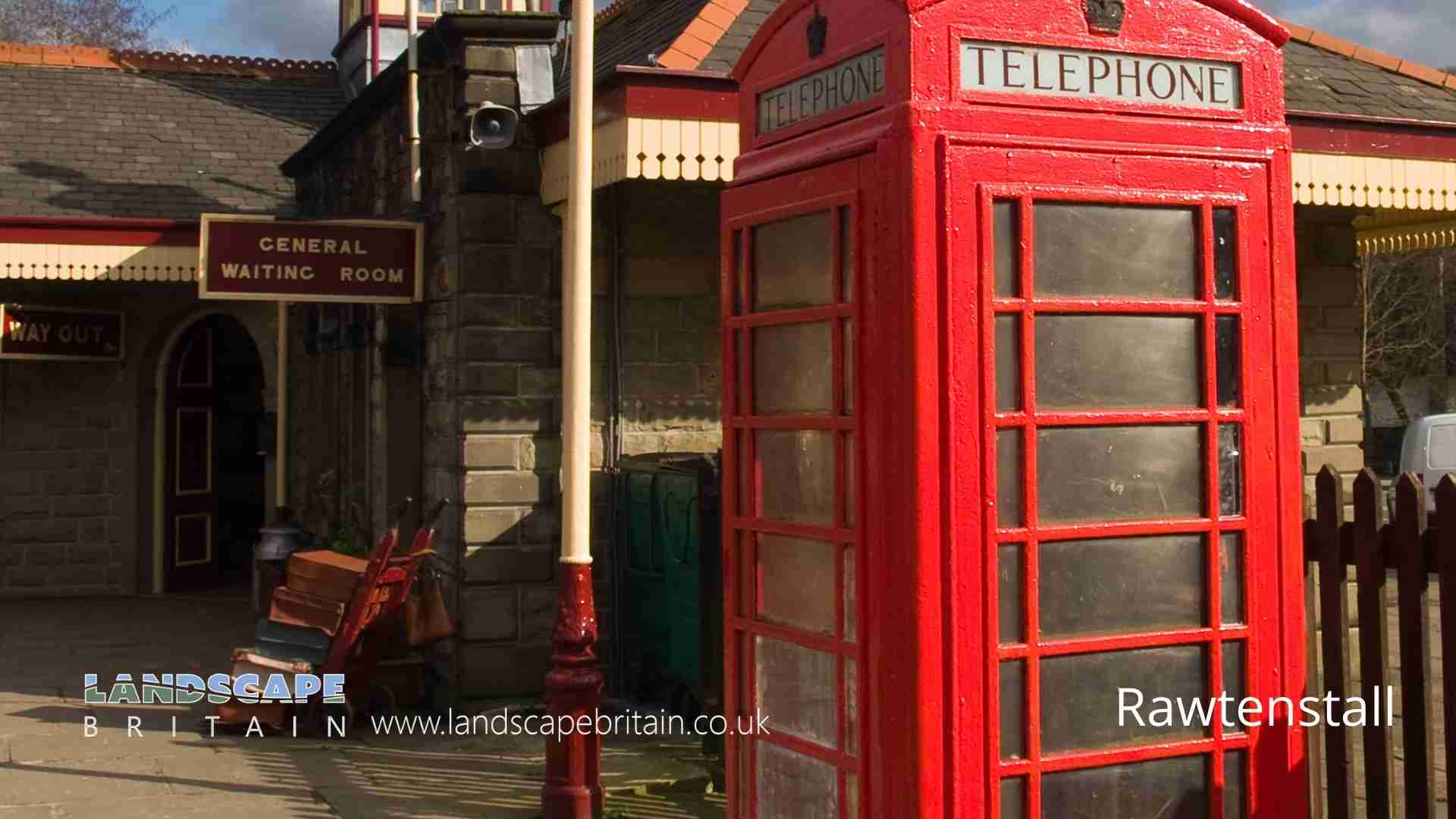Rawtenstall
Rawtenstall is a Town in Lancashire.

Rawtenstall in Lancashire is a typical English northern town boasting cobbled streets, stone architecture and dramatic landscape. Rawtenstall was mentioned in the Domesday Book and it also had connections with an important Roman road.
The town grew rapidly in the 19th century with people drawn by jobs in cotton mills and coal mining. The opening of two railway lines starting in 1846 aided its growth further, but its population started to decline after World War II due to out-migration towards larger cities, especially Manchester.
Today rawtenstall is a busy town and has become an important shopping centre in the south of Rossendale.
The area around Rawtenstall has been occupied since the end of the last ice age with evidence of pre-historic activity, mainly in nearby Trawden Forest. There are remains of settlements dating back to AD 43 when it was part of Roman Britain.
Moorland Around Rawtenstall
The North West of England is an area characterised by high moorland. The rawtenstall area is no exception, with the Trawden Forest bordering rawtenstall to the South. The moors are mainly heather moorland used for grazing sheep, but there are areas where denuded peat soils are exposed and Rawtenstalls raw land is a result of extensive mining in the 19th century.
Towns and Villages
Rawtenstall has several smaller towns and villages contained within its boundaries including Whitworth, Crawshawbooth, Newchurch, Edenfield and Helmshore. These have been subsumed into rawtenstalls broad definition but maintain a sense of distinct identity.
The Railway and the River
Rawtenstall had two railway lines, one from Bury to Rawtenstall via Bacup and another from Manchester Victoria to Rawtenstall via Edenfield. Both opened in 1901 but Rawtenstalls rail traffic declined over the decades with these railways finally closed down in 1970and 1960 respectively.
The Rawtenstall area was once a hive of industry with coal mining, cotton mills and other manufacturing activities. Rawtenstall itself had a woollen mill which used the waters from raw land to drive the looms. The town also has a history of silk production.
Rawtenstall postcode: BB4 6QS
Areas of Bolton
No areas found.
No areas found.